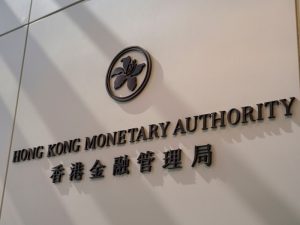Consultation Document on Circular Economy Act
The European Union releases a consultation document on Circular Economy Act, aimed at soliciting stakeholders’ views on circular economy regulatory policies.
The EU believes that the circular economy is the key to enhancing economic security, resilience, competitiveness, and decarbonization. The EU has previously released the Clean Industrial Deal, which includes the circular economy as an important part.
Related Post: Introduction to the Definition, Classification, and Principles of Circular Economy
Background of Circular Economy Act
The EU believes that a circular economy act can reduce dependence on raw materials, enhance competitiveness, and alleviate environmental pressures. The EU economic cycle rate was 10.7% in 2010 and 11.8% in 2023, with relatively slow growth. The reason for this phenomenon comes from regulatory policies and market failures, such as differences in the interpretation and implementation of EU policies among EU member states, which hinder the development of economies of scale. Consumers and producers also face the problem of information asymmetrical, which increases the cost of circular economy.
The EU plans to ensure a fair competitive environment within the market and support the transition to a circular economy based on Article 114 of the Treaty of the Functioning of the European Union. The EU will simplify and coordinate regulatory policies from a holistic perspective, achieve green goals, improve investment efficiency, and enhance economic security.
Introduction to Circular Economy Act
The Circular Economy Act will enhance the circularity of the single market, aiming to promote sufficient supply and demand for recycled raw materials and reduce administrative burdens. The act will achieve its goals through two steps:
- Solving the problem of electronic waste: Electronic waste is the fastest-growing category of waste, with an average annual growth rate of 2% and a recycling rate of less than 40%. The act will ensure the effective recycling of electronic waste and the reuse of key raw materials.
- Expanding the circular economy market: The EU will adjust waste disposal standards, expand producer responsibility programs, establish mandatory and influential public procurement standards for circular goods, and increase market demand.
The EU believes that the transition to a circular economy will have a positive impact on supply chain diversification and greening, reduce material costs for businesses, and achieve climate neutrality by 2050 (circular economy will contribute 20% to 25% of carbon emissions reduction). The public can also reduce the cost of living, decrease emissions, pollution, and waste. The United Nations Sustainable Development Goals (UN SDGs) supported by the Circular Economy Act include:
- Goal 8: Decent Work and Economic Growth.
- Goal 9: Industry, Innovation and Infrastructure.
- Goal 12: Responsible Consumption and Production.
- Goal 13: Climate Action.
The EU plans to evaluate the economic, environmental, and social impacts of the circular economy act and collect suggestions from stakeholders within two months.
Reference:





